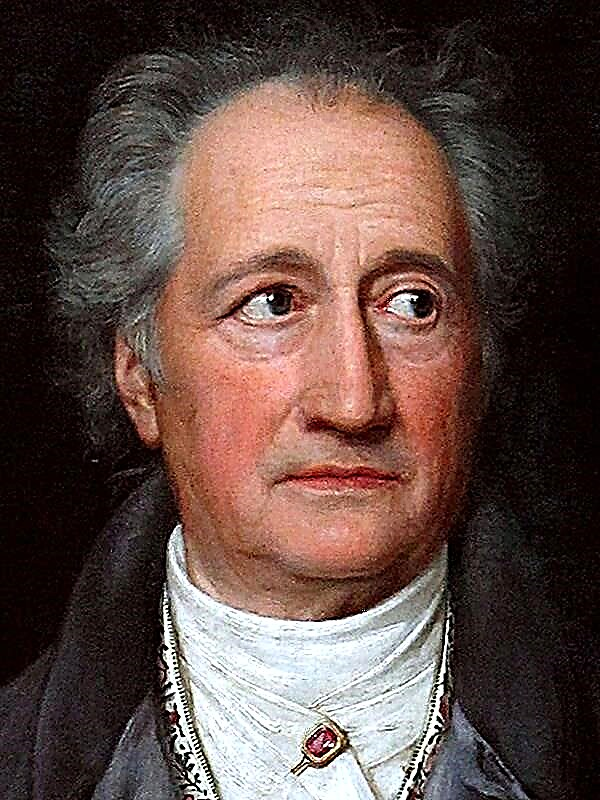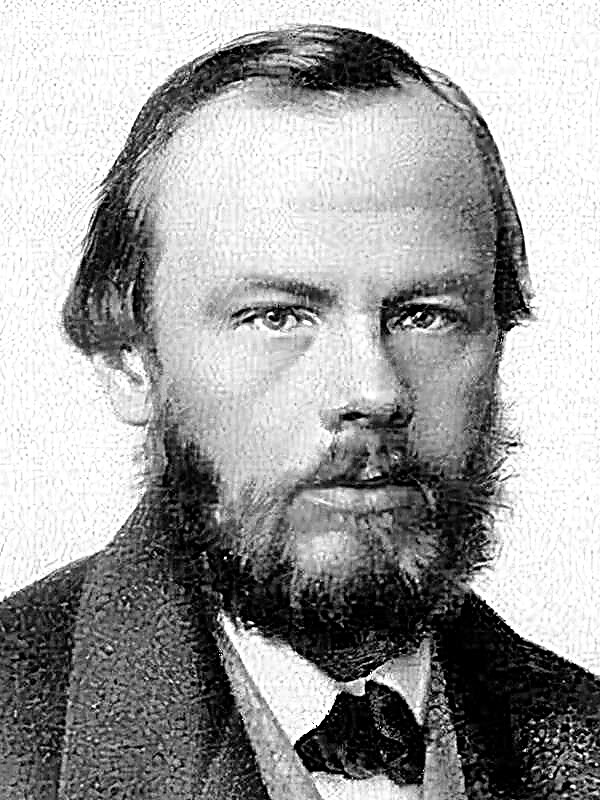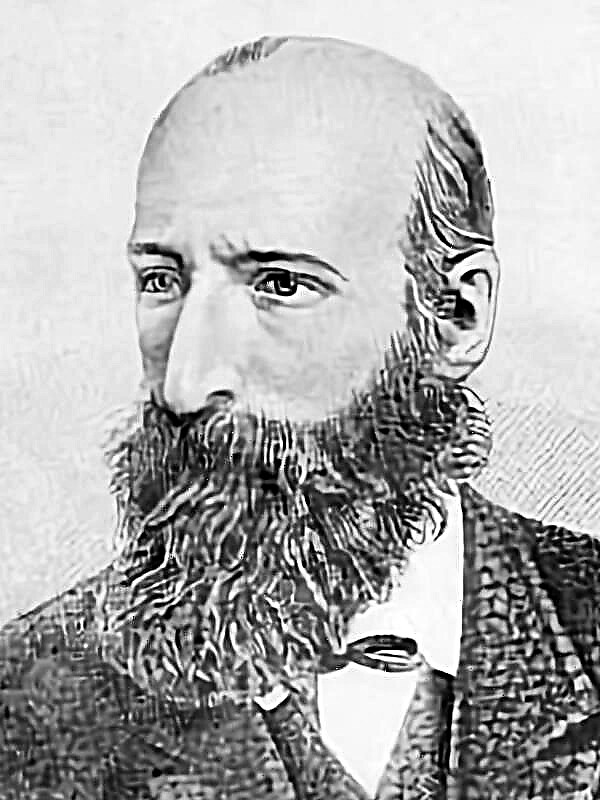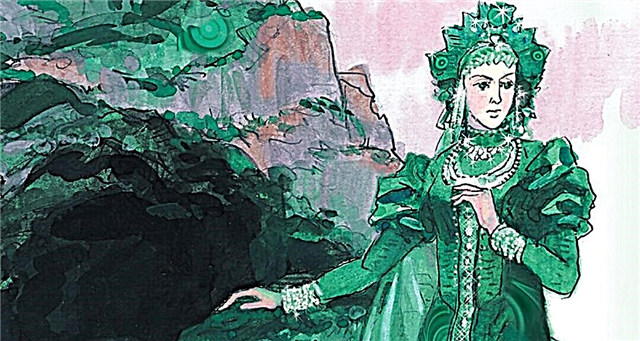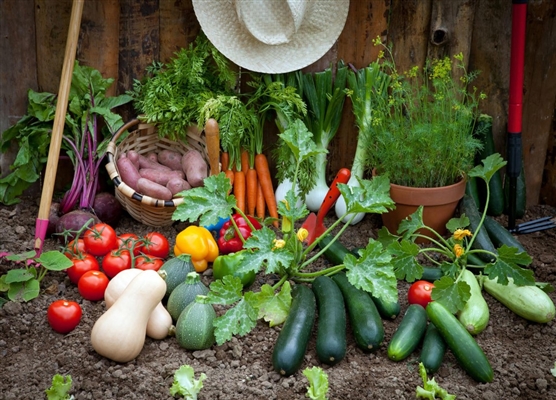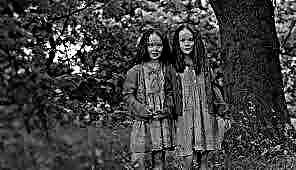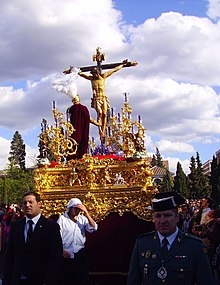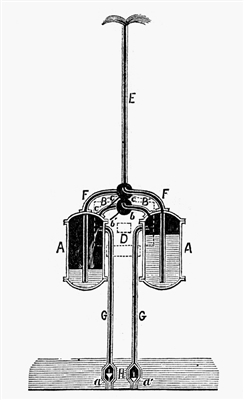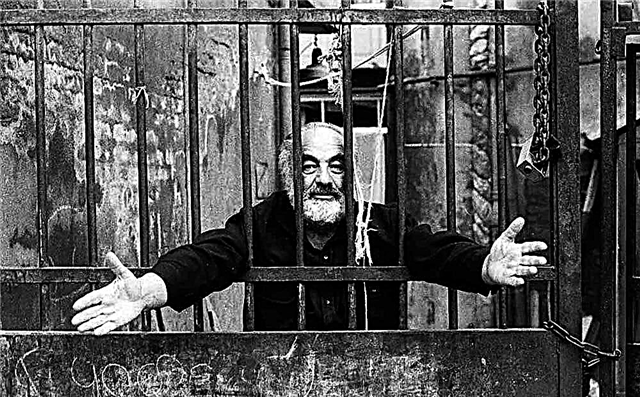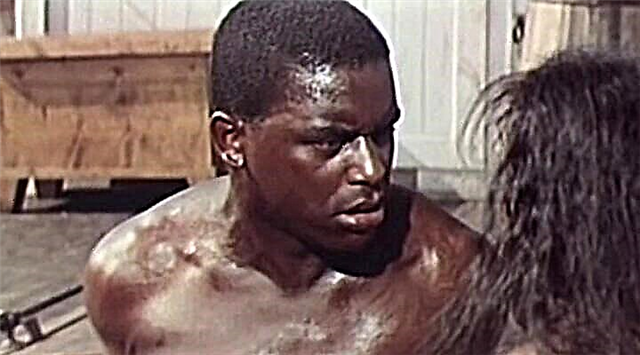The action takes place in a provincial German town during the French bourgeois revolution. The poem consists of nine songs, each of which bears the name of one of the Greek muses - the patroness of various arts. The names of the muses also determine the content of each song.
On the roads going from the Rhine, carts with refugees stretch. Unhappy people are saved with the good that has survived from the chaos that arose in the border regions of Germany and France as a result of the French Revolution.
A poor couple from a nearby town sends their son Herman to convey to people in distress something of clothing and food. A young man meets a wagon (a cart drawn by oxen) behind the mainstream refugees on the road. Ahead is a girl who calls on him to help them. In the wagon, a young woman had just given birth to a child, and there was nothing to wrap him in. With joy, Herman gives her everything that his mother has collected for him, and returns home.
Parents have long dreamed of marrying Herman. Opposite their home is a rich merchant who has three daughters to marry. He is rich and over time all his good will pass to the heirs. Herman's father, who dreams of a wealthy daughter-in-law, advises his son to marry the merchant's youngest daughter, but he does not want to know the stiff and flirty girls who often taunt his simple manners. Indeed, German was always reluctant to attend school, was indifferent to science, but he was kind, "an excellent master and a glorious worker."
Noticing his son’s mood change after meeting with refugees, Herman’s mother, a woman who is simple and decisive, finds out from him that he met a girl there who touched his heart. Afraid of losing her in this general rush, he now wants to declare her his bride. Mother and son ask father to give permission to marry Herman with a stranger. A shepherd with a pharmacist who just went to visit his father also stands up for the young man.
The three of us, the shepherd, the pharmacist and German himself, go to the village, where, as they know, the refugees stayed for the night. They want to see the chosen one of a young man and ask the companions about her. From the judge whom the shepherd met in the village, he learns that the stranger has a decisive character. In her arms were young children. When the looters attacked their house, she grabbed a saber from one of them and hacked him, and wounded the remaining four, thereby protecting her life and the lives of children.
The shepherd with the pharmacist returns to the house of Herman's parents, and the young man remains, he wants to speak frankly with the girl himself and admit her feelings. He meets Dorothea, that's the name of the stranger, near the village, at the well. Herman honestly admits to her that he returned here after her, because he liked her friendliness and quickness, and his mother needed a good helper in the house. Dorothea, thinking that a young man calls her into a worker, agrees. She takes water to her companions, says goodbye to them, although they are very reluctant to part with her, and, taking her bundle, goes with Herman.
Parents warmly welcome them, but the young man, seizing the moment, asks the pastor to explain to Dorothea that he did not bring her into the house as a servant, but as a future mistress. Meanwhile, Herman's father, awkwardly joking about the successful choice of his son, causes embarrassment at Dorothea. Then the shepherd pestering her with questions about how she would react to the fact that her young master was going to get married. The upset girl is about to leave. As it turned out, Herman also immediately liked her, and deep down she hoped that over time she would be able to win his heart. Unable to keep silent anymore, the young man opens up to Dorothea in his love and apologizes for his shyness, which prevented him from doing this earlier.
Young people are happy that they found each other. Having removed their wedding rings from Herman's parents, the shepherd engages them and blesses “a new union, so similar to the old one,” but it turns out that there is already an engagement ring on Dorothea’s finger. The girl talks about her fiance, who, inspired by a love of freedom, learning about the revolution, hurried to Paris and died there. In the noble German, Dorothea’s story only strengthens the determination to connect “his life forever with her and protect her during this difficult time“ with the valor of her husband. ”

